First Draft, First Date
Confession. As a child writer, I used to create intentional mistakes in my first draft.
The “sloppy copy,” as some teachers loved to call it. I resisted the endearing rhyme, in part because it seemed to belittle the writing I took very seriously, and in part because I took offense to the idea that any work of mine could at any point be considered sloppy.
No thanks. This piece I’m working on is called a draft.
So I used to make mistakes on purpose so my teacher would see progress from the first draft to the second and and then naturally the final. I believed these were credible mistakes that would indicate I had used my classroom time well during the period allocated for ‘revisions.’
I was especially fond of the occasional misspelling. Oh, how clever to spell that phonetically, Tricia. Well done. So believable.
When it was time to revise, I could take my red pencil and draw a self-righteous slash right through that little sin. I didn’t even need to “go to the dictionary and look it up,” which actually has never made a bit of sense to me since you need to know how to spell a word in order to look it up in a dictionary.
(Who were these English teachers who didn’t know the basic prerequisites of dictionary knowledge?)
I felt pretty strongly, as an aspiring author, that I could write with perfection the first time through. In retrospect, I think it had less to do with pride (although it had a lot to do with pride) and more to do with the boredom of revising and editing. I had already read these ideas, thought these thoughts. Why linger in this belabored process?
Even still, I love the rush of creating. When it comes to editing and revising, eh, I’d rather just start over.
This week, I read “Memory and Imagination” by Patricia Hampl, and she handed me a sparkly, new, gift-wrapped definition of a first draft.
“I’m a strong adherent of the first draft, and it’s worth pausing for a moment to consider what a first draft really is. . . I like to think I’ve cleaned it up from the first time I put it down on paper. I’ve cut some adjectives here, toned down the hyperbole there, smoothed a transition, cut a repetition—that sort of housekeeperly tidying up.
But the piece remains a first draft because I haven’t yet gotten to know it, haven’t given it a chance to tell me anything.
For me, writing a first draft is a little like meeting someone for the first time. I come away with a wary acquaintanceship, but the real friendship (if any) and genuine intimacy—that’s all down the road.
Intimacy with a piece of writing, as with a person, comes from paying attention to the revelations it is capable of giving, not by imposing my own preconceived notions, no matter how well-intentioned they might be.”
So it’s a first draft until I have gotten to know it, until it has taught me something. It does not shift from first to second gear simply because I identified the words I misspelled on purpose in the first place. I believe those might be considered ‘preconceived notions, no matter how well-intentioned they might be.’
So, you are here to teach me, you say? I’m listening, manuscript.
Take me out for coffee. Fascinate me with the things I don’t yet know about you.

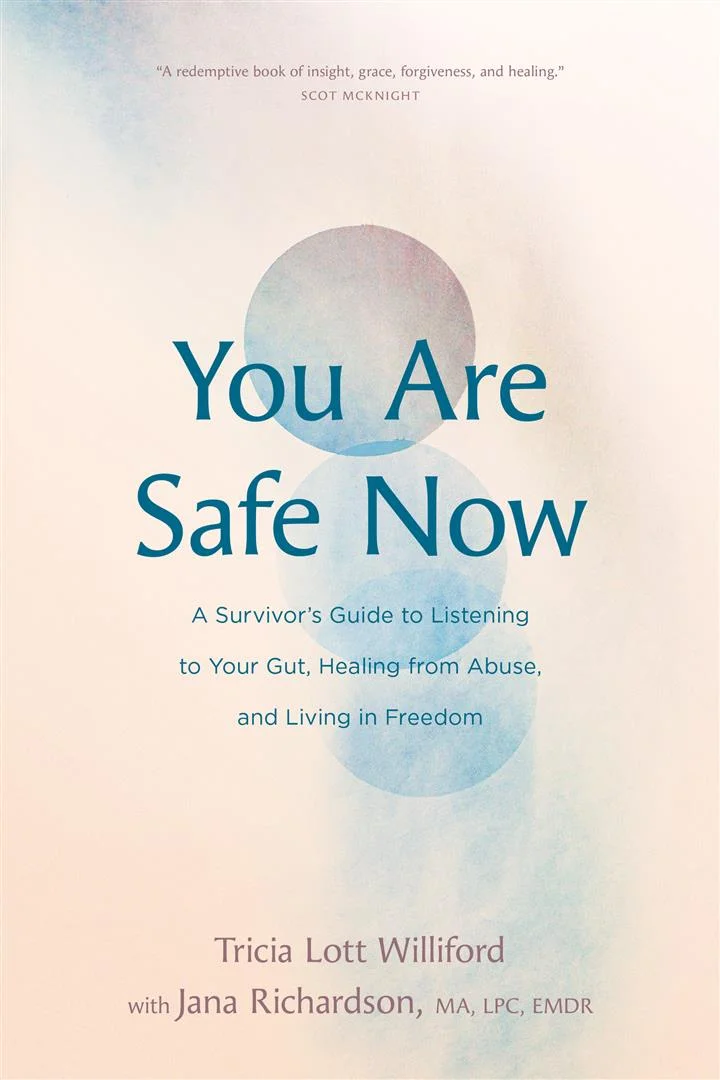
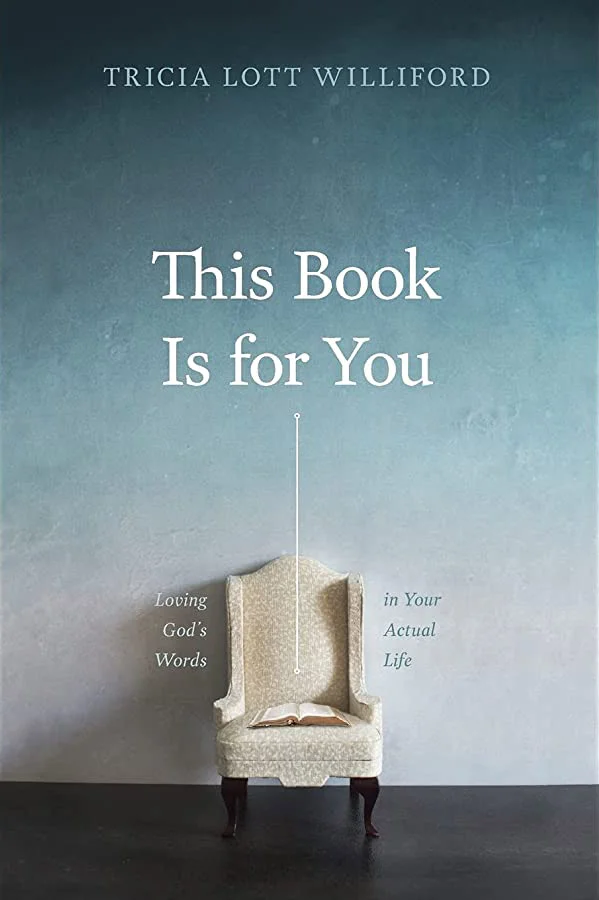
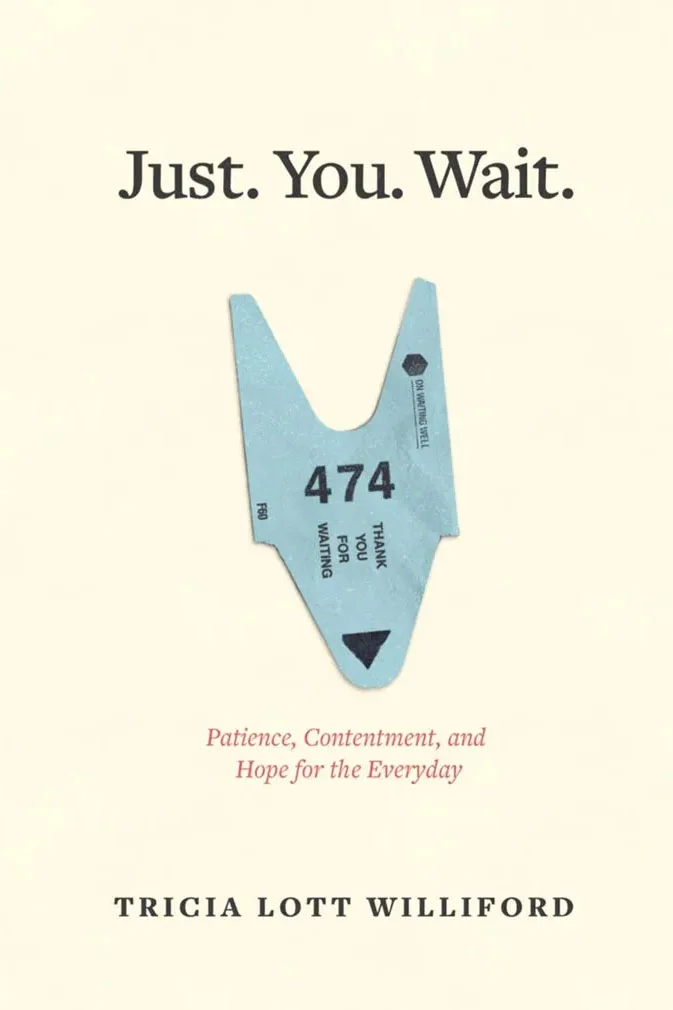
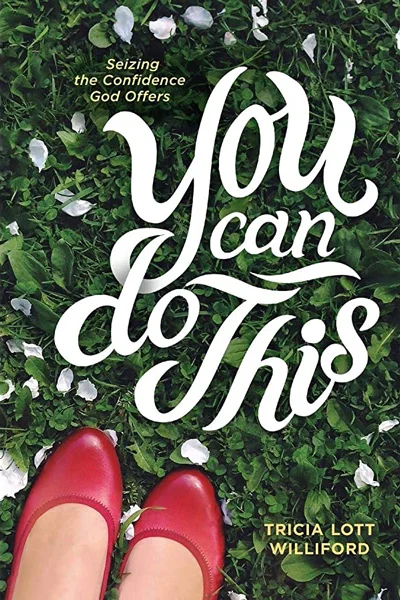
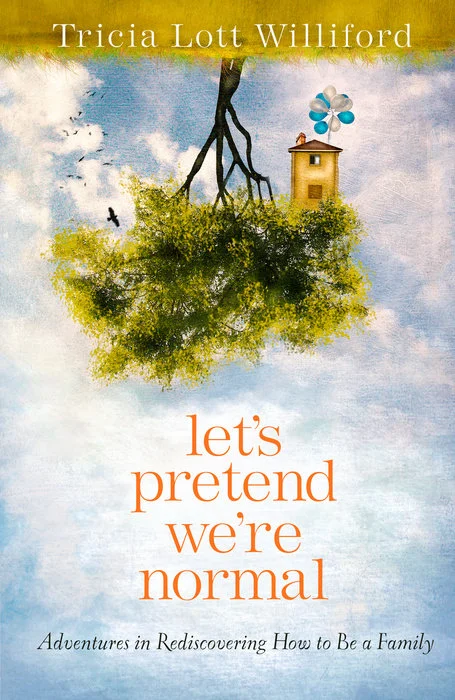
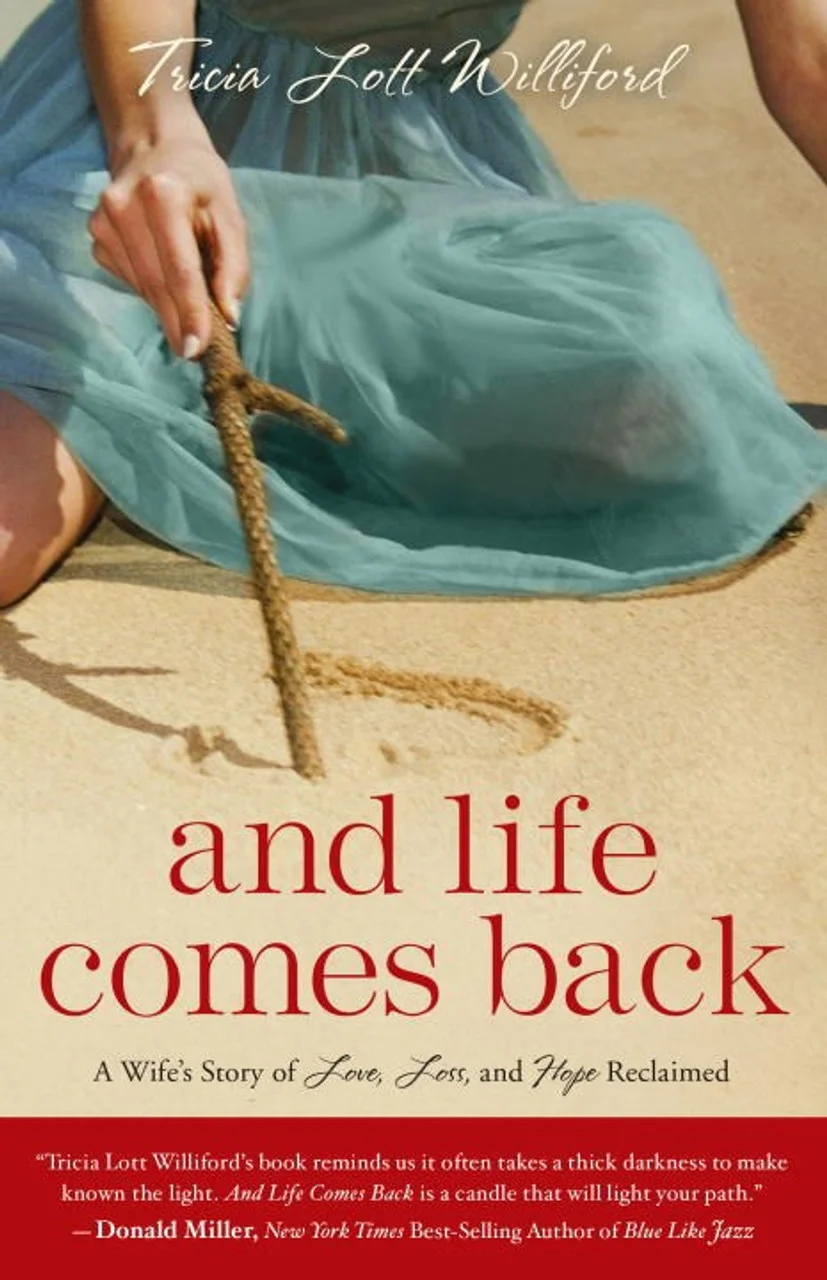

Sherie says:
Can I just say Amen to the whole ‘look it up in the dictionary to see how it is spelled’? I promised myself I would never give such advice to someone asking how to spell something! I wasted many evenings during homework time with my head in a dictionary getting nowhere!
Jodi B says:
I love this, too! I really do. It makes me think, if writing is going to have anything to “give” to the reader, it must first reveal that quality to the writer, too. Time. The only way I can see past my initial satisfaction (or relief to have been done) with anything I’ve written is to look at it almost any length of time after I wrote it. The longer the interval, the clearer I can see what could be made better. It ceases to feel like my sweet little baby of perfect prose (“every baby is the sweetest and the best”) Bonus if you know who said that! It starts to lean toward what it really is: a work in progress. Just like me. At a point, I have to stop revising because as I continue to change, the words do, too. At some point I just concede, THIS is a snapshot of right now, and I won’t go ‘photoshp’ other insights learned later into it.
Stacey says:
Tricia, you could write about how to sell gum to a used car salesman and I would hang on every word. This little corner of the internet, where your words grace us each day, has been such a blessing to me. Thank you, thank you, thank you for sharing.
Shelly W. says:
I love this, Tricia! And, if it’s o.k., I’ll probably share this with my college freshman writing class. 🙂